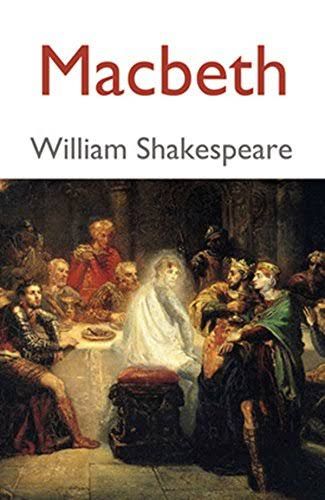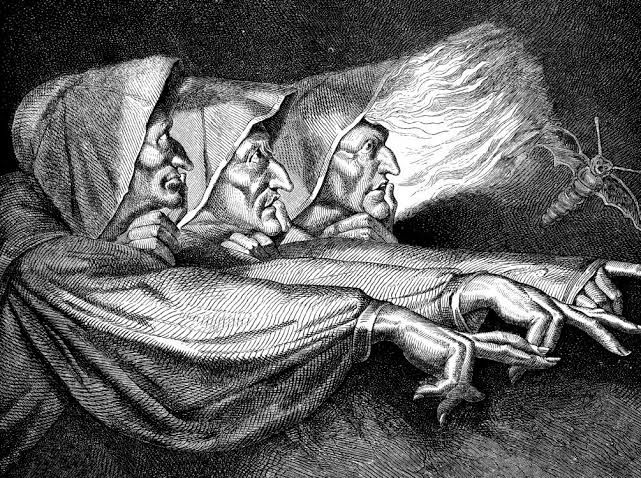The Macbeth Curse
Apr 29, 2019 • 45 views
Immersing ourselves in the fantasy world of plays webbed by infamous William Shakespeare is the best childhood memory I have ever cherished.
Whenever in any conversation the name of William Shakespeare pops up we are automatically stuck with his famous romantic play Romeo and Juliet but the play which has caught most attention of people is Macbeth.

A tragedy plays with nothing but bloodshed in order to seek political power.
A thirst for power can deafen the senses of a person to even introspect his own actions. The play is based on a general named Macbeth who received prophecy by three witches that one day he will become king of Scotland. He was blinded by his ambitions and was fueled by the words of his wife that he killed the king of Scotland Duncan and takes the those for himself.

He was swirled in a physiological condition in which he was surrounded by senseless paranoia and urge to murder everyone around him to protect himself from enmity and suspicion.
His tyrannies lead to a bloodbath and civil war which resulted in the death of Macbeth. It took lady Macbeth in the realms of madness consuming her to death.
Well, as gloomy as this play sounds it is equal parts tragic with its history in theatrics.
According to folklore, it is believed that in the history of theatrics this play never got a chance to end properly.
The play has ties to many superstitions due to immense bloodshed.
It is believed that Macbeth is cursed and saying out aloud its name in a theatre causes bad luck.
Starting with the history of King James IV of Scotland in the 16th century who was obsessed with witchcraft. He lost his mother to witchcraft and was himself a victim of the storm which was compared by the evil spell of witches. He later wrote Daemonologie, a treatise on witchcraft to further inspire persecution against witches. James become James I king of England in 1603, and his new subjects were keen to appease him and his views on the demonic.
Shakespeare plays Macbeth came out in 1606 with direct reference of James misfortune encounter with the storm:' Though his bark cannot be lost, Yet it shall be tempest-tost’. Shakespeare was also said to have researched the weird sisters in depth; their chants in Macbeth, and ingredients of a fenny snake, the eye of newt and toe of frog, are supposedly real spells.
The coven of witches was offended for using their spells in the play so they cursed the play.

Therefore euphemisms for Shakespeare play are used in the theatres like Scotland play and The Bard's play. Therefore instead of saying, Macbeth, words like Scotland king and Scotland lady are used to prevent any disaster or mishap from taking place.
At first performance, legend states that the boy cast as Lady Macbeth took ill and died right before going onstage. When this happened, Shakespeare himself had to go on in drag to play the part.
King James was so revolted by the idea of all the tragic bloodshed in play that he forbade the play from being performed for several years.
Playing the part of Lady Macbeth was especially risky. Actresses who portrayed the character were chased out of the theater by audiences believing the actress was a real killer, another actress fell 15 feet off the stage during the infamous sleepwalking scene, and in 1926 a minor actor improvised his part and tried to strangle Lady Macbeth on stage.
An 1849 performance in New York whipped up the audience into such a frenzy that a riot broke out and more than 30 people were killed.
And the list is endless.
So it's cursed till date and no one ever witnessed the end of the play.
